The Ministry Education in Saudi Arabia in Saudi Arabia unveiled a groundbreaking plan last month to train 7,000 kindergarten teachers in music instruction—marking a significant shift in an education system that previously did not recognise music as a formal subject.
This move reflects the broader cultural transformation under Vision 2030, which has seen a proliferation of music festivals and concerts across the Kingdom. For Reem A., a 16-year-old from Jeddah, “this is good news. Many girls in my school would love to learn to play an instrument—not so much singing—but unfortunately, our school doesn’t provide music classes,” she told Saudi Times.
A Decade of Change
Just ten years ago, entertainment in Saudi Arabia was largely limited to dining out, shopping, and private gatherings. Public events were virtually non-existent, and many Saudis travelled abroad to cities like Cairo or Beirut for concerts or to pursue musical careers. Female singers were restricted to performing at weddings or private events, while male performers had limited exposure through radio or television.
Experimenting with musical styles was rare, and the lack of institutional support pushed many aspiring musicians abroad. Since 2016, however, the Kingdom’s commitment to fostering youth participation and creative industries has reshaped the entertainment landscape. Music is now recognised not only as a cultural asset but as a contributor to societal well-being and economic diversification—key pillars of Vision 2030.
Saudis and Their Love for Music
Music has long served as a medium of emotional expression and social connection for Saudis. Even during more restrictive periods, radio hosts regularly received listener requests for song dedications, and private events often featured DJs or playlists curated with care. This quiet continuity paved the way for a smoother public transition as the government opened doors to concerts, festivals, and large-scale cultural events.
Recent years have seen major milestones. The Formula 1 events in Jeddah, for example, have attracted visitors from across the region and featured major music acts—an indication of how far the entertainment sector has come. Where Saudis once travelled to Abu Dhabi for similar experiences, today it is regional audiences flocking to the Kingdom.
A Blend of Tradition and Modernity
Saudi Arabia’s musical identity is deeply rooted in its diverse regional traditions. In the Hijaz region, the melodic tones of the oud, qanun, and nay reflect the cultural richness of cities like Makkah and Madinah. In the central regions, Bedouin rhythms prevail—characterised by percussion, clapping, and the iconic ardah, a performance blending poetry, drumming, and singing. The Eastern Province, by contrast, draws on maritime heritage, with folk songs inspired by pearl diving and seafaring traditions.
Modern Saudi music integrates these rich traditions with global influences to create a distinctive, evolving sound. Artists like Majed Al-Eisa blend folklore into contemporary compositions, while newer voices such as rapper Jara and hip-hop artist Qusai Kheder are pushing boundaries, reshaping the soundscape with bold experimentation. This fusion of old and new speaks to a generation navigating rapid change while seeking continuity.
Today’s Evolving Music Scene
Today’s Saudi music spans genres from jazz and techno to rap. Traditional elements remain, but they now coexist with global musical trends. Young Saudis, empowered by greater freedom of expression, are particularly drawn to rap, which they view as a mirror of their lived experiences. Rapper Clash has built a following with lyrics that resonate deeply, while Jara’s 2020 single “966” made waves for its unapologetic tone and energetic delivery.
As Saudi Arabia continues to open up, the music industry has become a space of opportunity, innovation, and expression. Music—once constrained—now thrives as a central feature of public life, inspiring creativity and enriching everyday experience. The classroom is simply its newest stage.
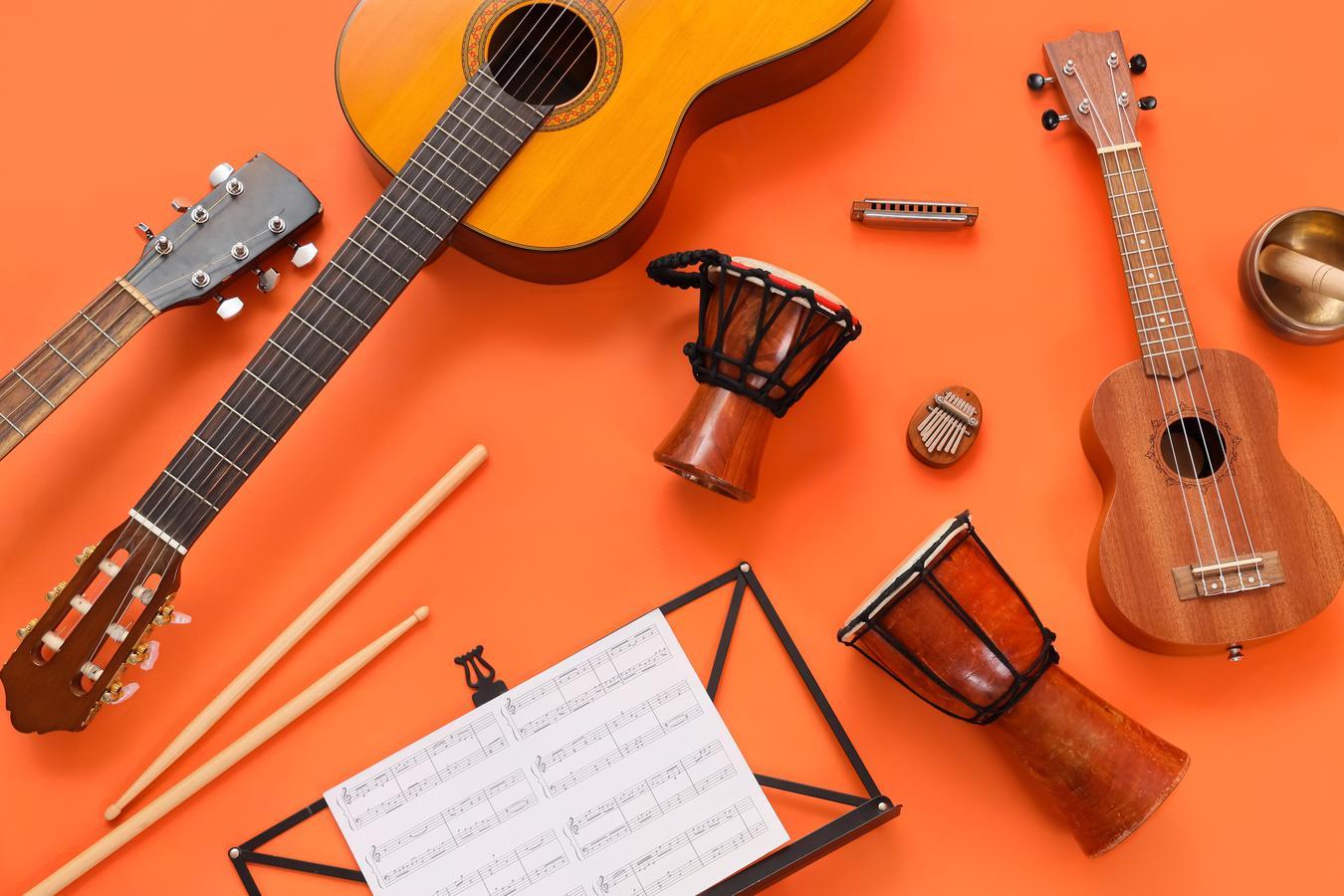
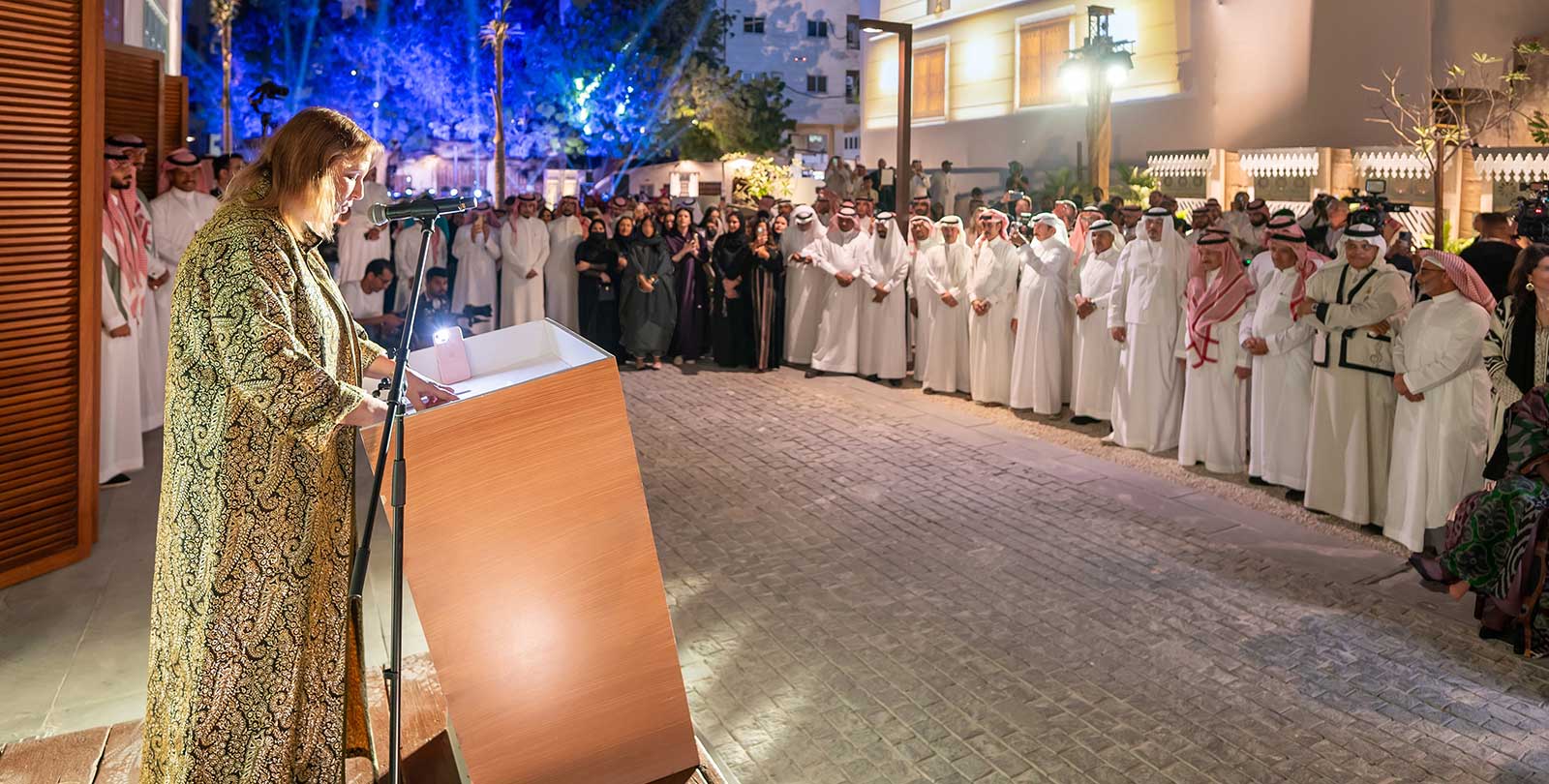
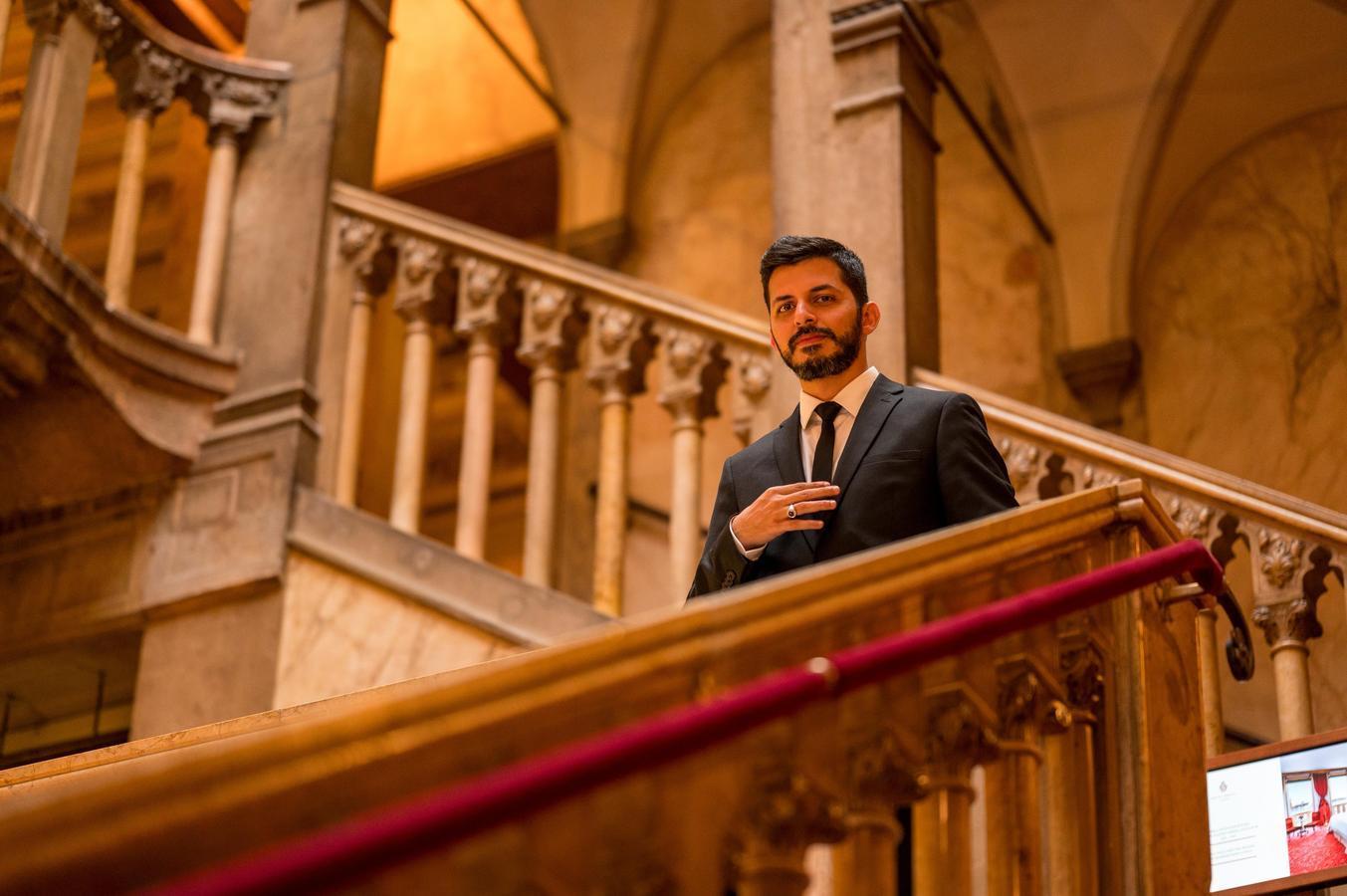
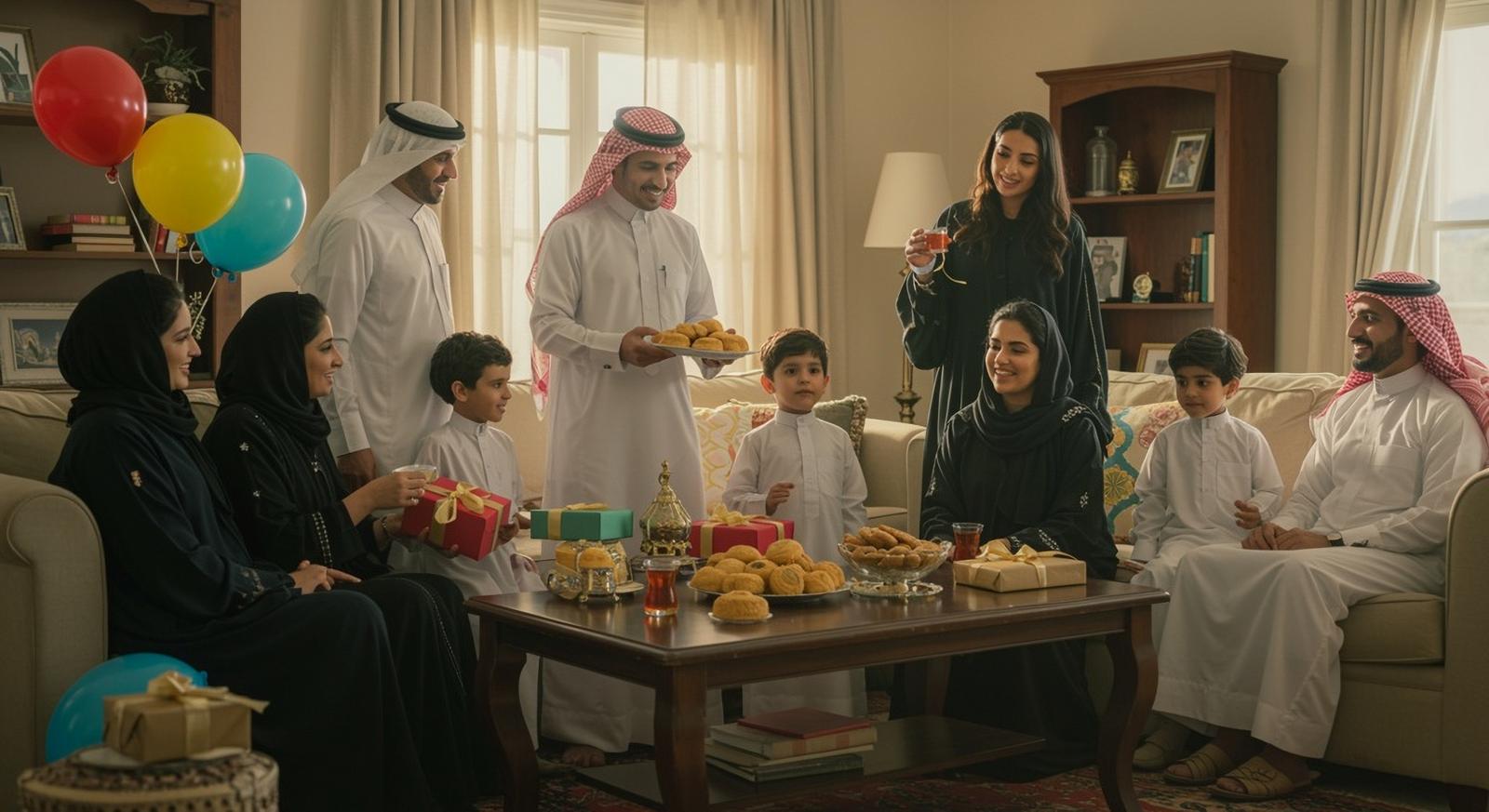

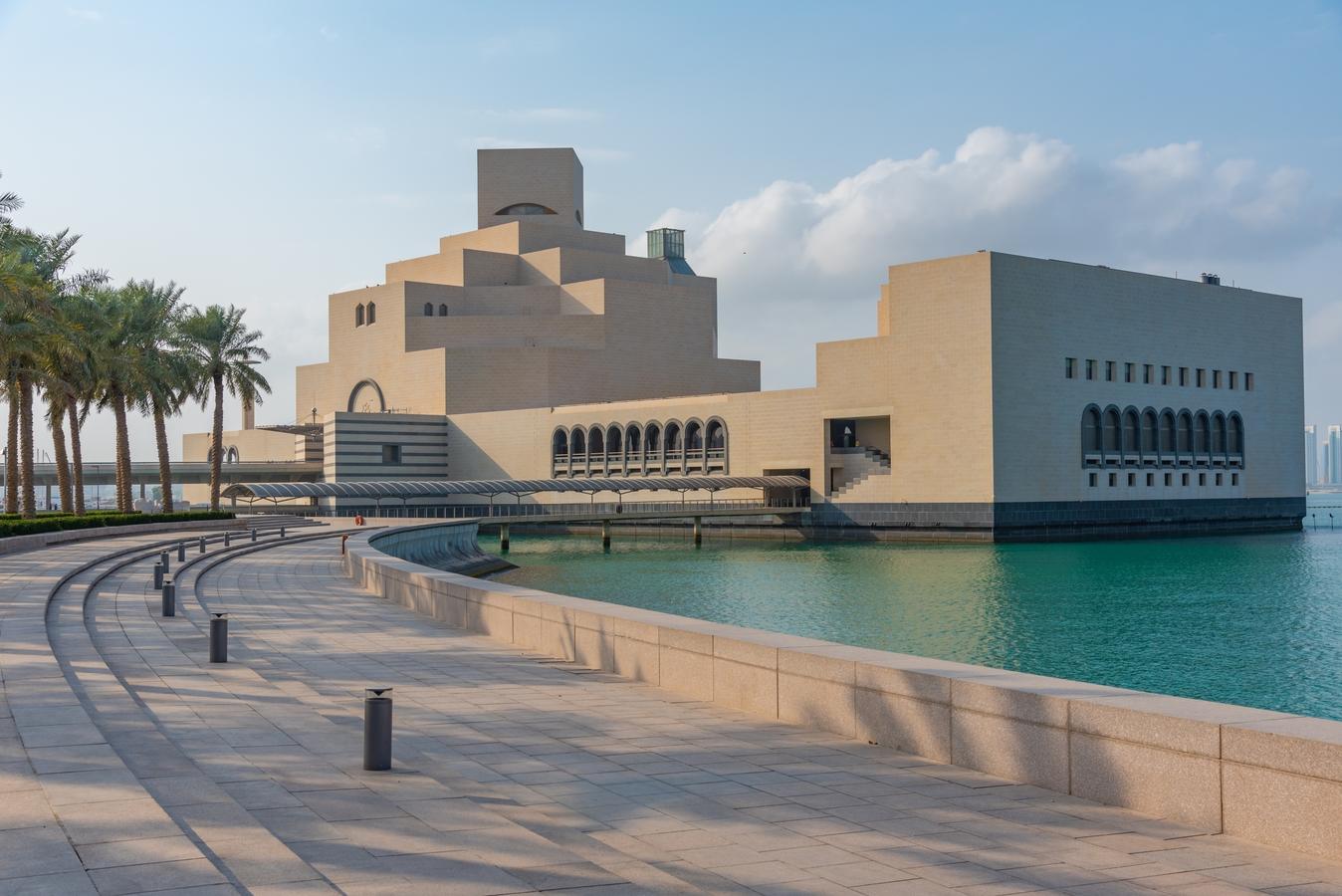

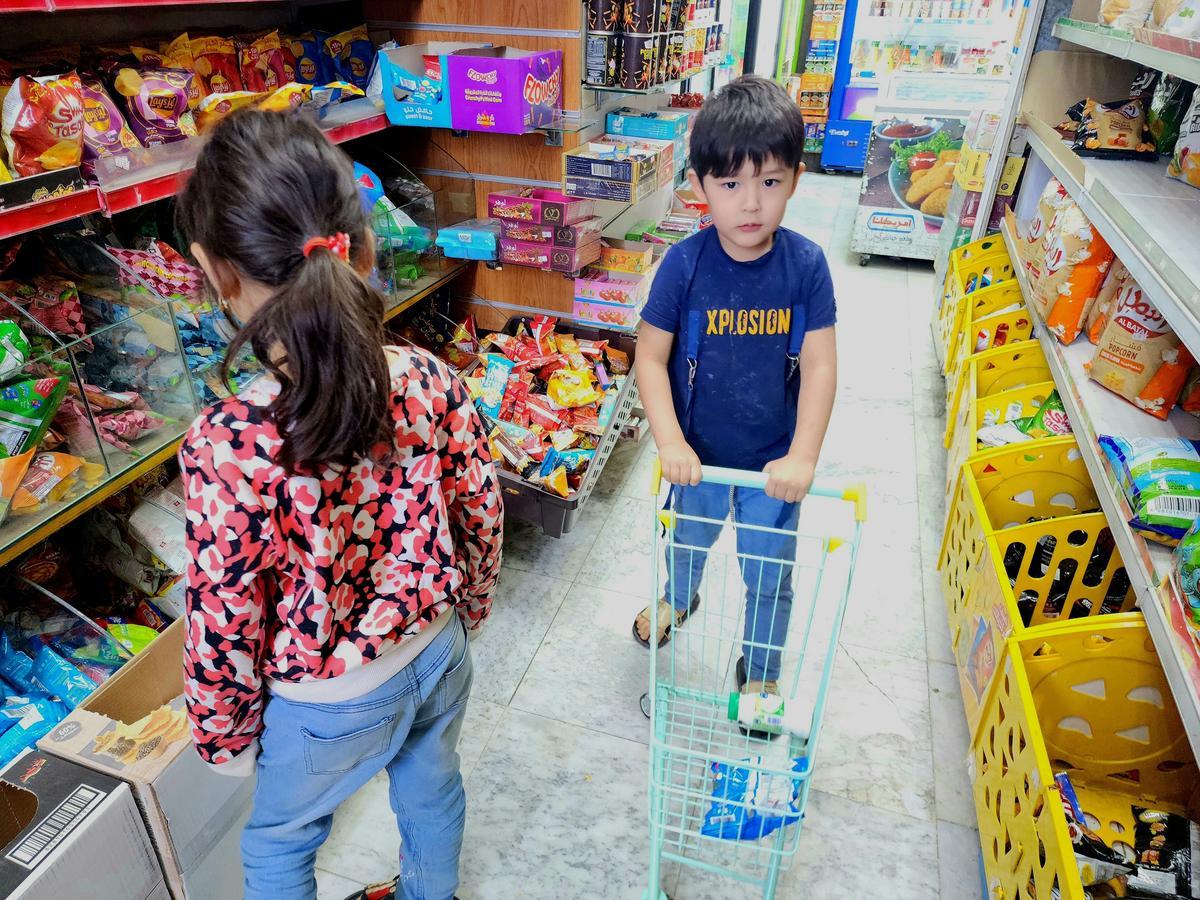
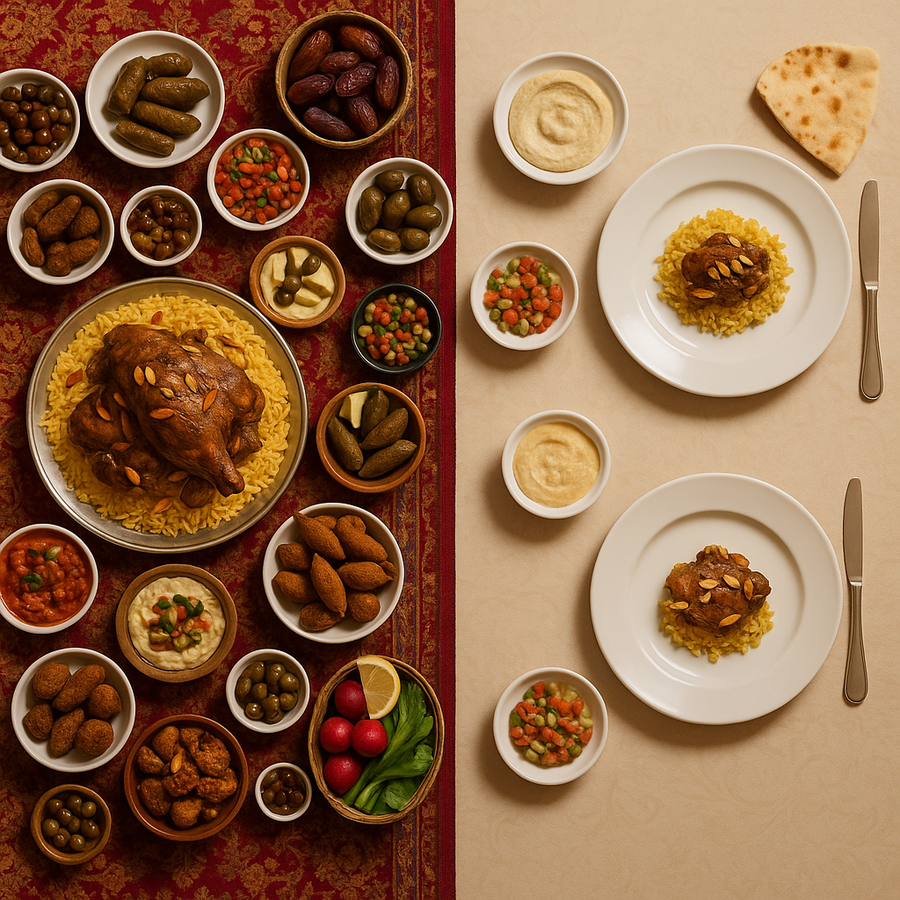
0 Comments
No comments yet. Be the first to comment!